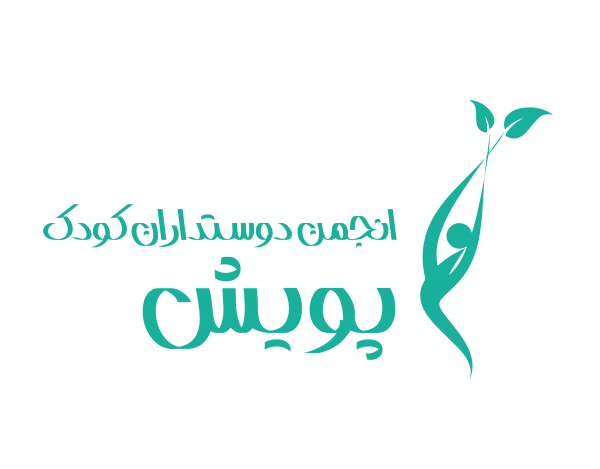The Experience of Afghan Immigrants from Discrimination in Iran
Four decades ago, as the Soviets invaded Afghanistan, some of its people were displaced. Iran, which considered itself an ally and brother of the Muslims of the world, opened its borders to the presence of immigrants, and thus Iran became one of the most important countries for accepting Afghans. Since then, the people of Afghanistan have migrated to Iran for various reasons. Although the war was one of the main reasons for migration, it was not the only reason. Statistics show that 3 million Afghans are living in Iran, which makes up about 3% of Iran’s population. The presence of Afghan immigrants led to the adoption of laws in this regard. For example, until 1994, Afghan children were not allowed to study in Iran, but the law was changed to allow the registration of Afghan children. The provinces of Tehran and Khorasan Razavi have the highest number of immigrants. The presence of Afghans is strictly prohibited in 15 provinces and their residence in some other 12 cities and regions. Each of these cases alone shows how serious the issue of Afghan refugees is and should be addressed.
We need to hear the real-life narrative of Afghans living in Iran so we may be able to understand the problems better. Three years of presence in a non-governmental organization whose part of its activities is related to immigrants gives me the experience of direct narratives of immigrants’ lives (of course, the word is debatable. He is still an immigrant or he should be given the title of host or Iranian citizen). At “Pooyesh Child-friendly Association”, I teach Afghan women who have either not attended school at all or have been forced to drop out of school.
On the first day of class, I asked the woman I was teaching what you remembered when you heard the name of Afghanistan. Bitter memories of Afghanistan reminded them of war, the Taliban, terrorist attacks, and so on. They remembered the good old days of Afghanistan with lush gardens, sweet fruits, traditional Afghan food. They talked about the beautiful days of their childhood and their relatives. They said they loved Afghanistan but they were insecure from war, killing, and the Taliban, bigotry, and biased ideology. They remember the days when leaving home meant accepting death. The days when Soviet troops and later American troops occupied Afghanistan. The days when women would be beaten if they did not wear the burqa.
The women in my class recalled the days when going to school was pointless for girls. We are not talking about a century ago or 50 years ago. We are talking about two decades ago. The women in my class are women in their twenties who could not study in Afghanistan. They were barred from school either by their fathers and brothers or by the Taliban. Fatimah was one of those women who is only 27 years old. He lived in Afghanistan until he was 15, but he never went to school. Although Fatimah loved her homeland, she preferred to stay in Iran. He liked to spend his youth here until he returned to his native village near Herat.
I asked them to say what they remember when they hear the name of Iran. The list included both positive and negative words: negative experiences such as humiliation, swearing, ridicule at various times and places, from the bus to the passport office. From the first years of immigration to the present. The insults were from the citizens and the ordinary people and the police and also the officials! They complained about bribery, expenses, and inflation but in the positive list, they mentioned the possibility of girls’ education, entertainment such as going to parks and gardens, shrines, security, benefactors, and so on.
They also complained of discriminatory laws. They were upset by the insults they heard about being Afghan but mentioned that not all Iranians are like that and that one should not be generalized. They had a dual feeling towards Iran; They loved Iran because they did not have security and jobs in Afghanistan, and they did not like it because it was not their homeland and they had to find a way to live in Iran.
They both liked and did not like Afghanistan. They both liked and did not like Iran. The feeling that all immigrants from any city or country experience.
The talks of the mothers in the class were new conversations for me and it was an opportunity to listen to them. Something that we hear less in official forums. Forty years have passed since the presence of Afghans in Iran, but we have not yet heard the narratives of this presence, and it would be good to at least listen to them. Hearing immigrants’ narratives of discrimination is probably the first step in eliminating discrimination. So let them breathe in this land and talk about their lives.
Written by: Atie Malek Zahedi
